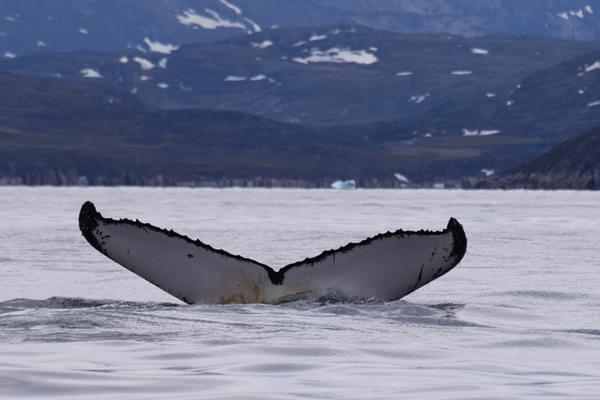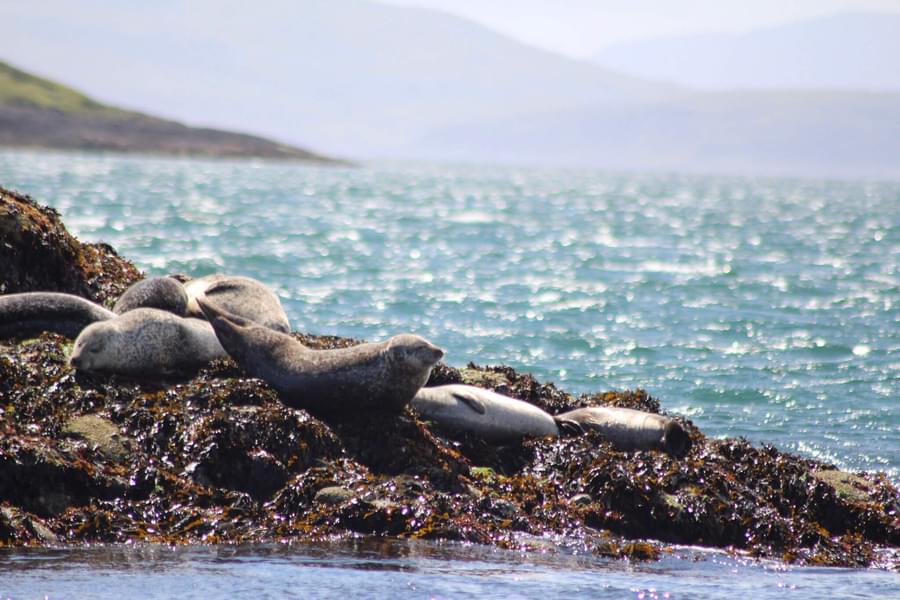The EU’s ban on seal products has long been held up as a landmark triumph for animal welfare - a victory born of decades of public outrage and moral evolution which in many respects ran in parallel with the birth of the modern animal welfare movement. In 1983, the European Economic Community outlawed whitecoat harp seal pup pelts after graphic images of bludgeoned pups shocked audiences. Then in 2009, the EU’s comprehensive Regulation (EC) No 1007/2009 extended the ban to all seal products - fur, oil, meat, resolutely driven by revulsion at the cruelty involved.
The regulation did, however, contain exceptions: seal products from traditional Inuit or Indigenous hunts (for subsistence, not profit) and personal-use imports by travellers, strictly certified and tightly controlled. In 2015, the rules were further refined to comply with the World Trade Organisation rulings in the EC–Seal Products dispute.
Why the Ban Was (and Still Is) Powerful
The effect was immediate. Europe’s commercial seal-fur market closed almost overnight. Public opinion remains firmly supportive, seeing the ban as a moral victory and a protective barrier for seals. Conservationists estimate that nearly five million seals in Canada alone have been spared thanks to the collapse of demand.
The Effect on Indigenous Communities
But for balance, here’s the opposing argument: the ban impacted traditional communities. Inuit hunters in Greenland and Canada lost income from seal products. Even though the “Indigenous exemption” exists, the ban impacted those subsistence economies. In Greenland, the lucrative seal fur trade dwindled, shrinking the operations of local businesses like Great Greenland Furhouse and costing many hunters earnings.
Yet this ban came into force over 40 years ago. It stretches credibility to suggest that these communities have spent the ensuing decades pinning their future economic prosperity on the EU reversing such an iconic ban. It’s almost certainly the case that artisan carvers in China were affected when the Ivory trade ban came in. But they moved on to carve other things rather than sit around hoping that the ivory trade might begin again.
If the EU does pay any lip-service to this argument, it would be shameless hypocrisy. The ban was imposed because the trade was cruel, and any relaxation - even limited - risks legitimising that cruelty and opening a Pandora’s Box of copycat arguments.
There is a telling parallel closer to home. The cruel farming of animals for fur was banned in the UK nearly 30 years ago, but the import and sale of fur remains legal. So what we’ve banned on the grounds of cruel production and public indignation at home, we continue to ship in from overseas.
Why the EU Is Now Taking a Fresh Look
In May 2024, the European Commission launched a “Fitness Check” of the existing seal-trade regulations. This multi-year review aims to weigh up socio-economic impacts, particularly on Indigenous livelihoods, and test whether the rules are still fair and effective. The detailed report is expected later this year.
NGOs like PETA and IFAW are already campaigning hard to keep the ban intact, while Nordic and Greenlandic voices point to cultural preservation, income, sustainability and balance.
Politically, this is the first time in six decades that the EU has openly contemplated reversing - even partially - a high-profile ban rooted in animal welfare. And at a time when individual EU nations are acting to ban the import of hunting trophies, keeping of animals in circuses, embedding animal welfare in national constitutions.
What’s Likely Down the Road?
Any adjustment is likely to focus on loosening the Indigenous exemption or expanding certification, rather than a wholesale rollback. But history shows how such arguments can be camouflaged with all the duplicity of a Trojan Horse.
Should we expect similar arguments now from “traditional communities” in Norway or Namibia that still hunt seals and would dearly love to find new markets for their products too? Any scaling back of this hard-won ban could open the door not just for seal skin products, but potentially many others as well.

ORCA's work to protect whales and dolphins has never been more important and to help safeguard these amazing animals for the future we need your help. Please support our work by donating at www.orca.org.uk/donate to help us create oceans alive with whales and dolphins

